It’s time to ditch software subscriptions
Software firms may have grown addicted to subscriptions, but that doesn’t mean we all need to blindly follow


String me up on charges of shooting fish in a barrel, if you will, but I’m 99% sure we’re all sick of paying subscriptions for software.
Two companies that are having no trouble living with themselves are those who arguably swung the pendulum towards subscriptions in the first place: Adobe and Microsoft. Adobe first launched Creative Cloud back in 2012, moving from the big one-off cost of Creative Suite to the subscription model, since when the company’s net income charts have taken on the appearance of Tour de France mountain stage. Microsoft financial reports, meanwhile, reveal that Microsoft 365 Consumer subscriptions have increased by almost ten million over the past year alone to 54.1 million, while Office 365 commercial seat growth is up 17% year-on-year.
So, subscriptions are the gift that keeps on giving for the software giants, which is why almost the entire industry has latched onto the idea. If your small business files accounts, you’re almost certainly paying QuickBooks, Sage, Xero or someone else a monthly stipend to record your financials; password managers want a monthly fee to spit out the f%djfDBbe3!d’s for you; even gaming is swinging heavily towards subscription plans.
In my experience, most people won’t grumble too much if software switches to a subscription model and offers something in return. There’s a growing and obnoxious trend, however, for companies to switch to subscriptions and offer nothing extra – or to even withhold features from customers who previously paid for a one-off licence in full expectation of being able to use them for as long as they liked.
This was the case recently with the iPad/Mac note-taking app Notability. In a blog post with more spin on it than a Shane Warne delivery, the developer announced the app was going free! Free, that is, except for the $14.99 per year subscription that you’d have to pay to access most of its useful features. The company would generously give customers who’d previously bought the app one year’s grace before the subscription kicked in, but then they’d be expected to pay again for some features they'd already bought.
That went down about as well as a Jacob Rees-Mogg lecture on Glastonbury’s Pyramid Stage and within 24 hours the company was forced to yank the handbrake, spin round and promise not to take features off customers who’d already paid for them. But the apology came with a slab of emotional blackmail. “We are a small company, so we designed the original one-year access plan as a precautionary measure since we were not certain if we could support lifetime access,” the Notability team wrote on its blog. “We sincerely apologise for putting our current users in this position.”
RELATED RESOURCE
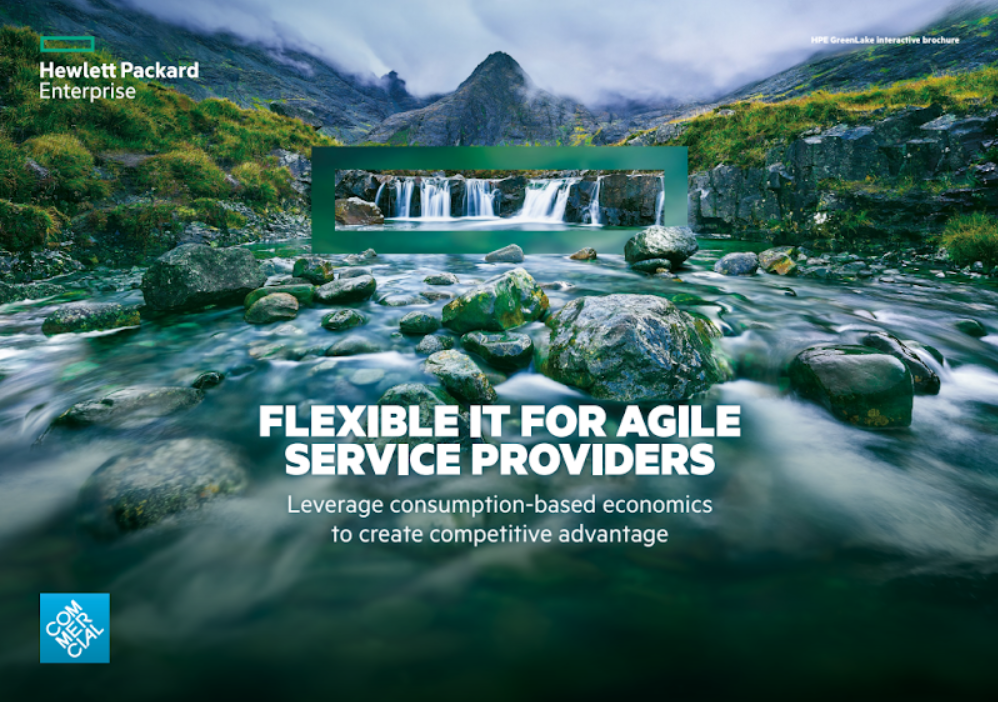
Flexible IT for agile service providers
Leverage consumption-based economics to create competitive advantage
Then there are companies that justify shuffling to a subscription by throwing in features you don’t necessarily want in the first place. Acronis True Image 2021 got a five-star review, even though we grumbled about the one-off £34 cost. Now, however, Acronis True Image is no more and is replaced by Acronis Cyber Protect Home Office, which has “made the leap from backup to a complete cyber protection solution – combatting the full scope of data threats, from accidents and hardware failure to device theft and cyberattack”. In other words, it’s thrown in a series of security features that you might already have and is charging customers, you guessed it, £34 per year for the privilege.
Get the ITPro daily newsletter
Sign up today and you will receive a free copy of our Future Focus 2025 report - the leading guidance on AI, cybersecurity and other IT challenges as per 700+ senior executives
Notability and Acronis are far from alone in being sucked into the subscriptions model – they’re just the two most recent examples I had to hand. Although there are plenty of free alternatives to subscription-based software, the direction of travel is clear.
This, I fear, is bad for customers. Not only because there’s a finite limit to how many subscriptions most people can afford to maintain, but because the monthly payout makes software firms complacent. They don’t need to tempt you every year or two with killer new features that will persuade you to buy a new version – they’ve got you in the keep net. Especially when – as with Microsoft and Adobe – their software has a virtual monopoly on their particular sectors. Name a recent addition to Microsoft Word, or Excel, or Photoshop that would have tempted you to pay hundreds of quid for an upgrade? Bet you can’t.
Barry Collins is an experienced IT journalist who specialises in Windows, Mac, broadband and more. He's a former editor of PC Pro magazine, and has contributed to many national newspapers, magazines and websites in a career that has spanned over 20 years. You may have seen Barry as a tech pundit on television and radio, including BBC Newsnight, the Chris Evans Show and ITN News at Ten.
-
 Bigger salaries, more burnout: Is the CISO role in crisis?
Bigger salaries, more burnout: Is the CISO role in crisis?In-depth CISOs are more stressed than ever before – but why is this and what can be done?
By Kate O'Flaherty Published
-
 Cheap cyber crime kits can be bought on the dark web for less than $25
Cheap cyber crime kits can be bought on the dark web for less than $25News Research from NordVPN shows phishing kits are now widely available on the dark web and via messaging apps like Telegram, and are often selling for less than $25.
By Emma Woollacott Published
-
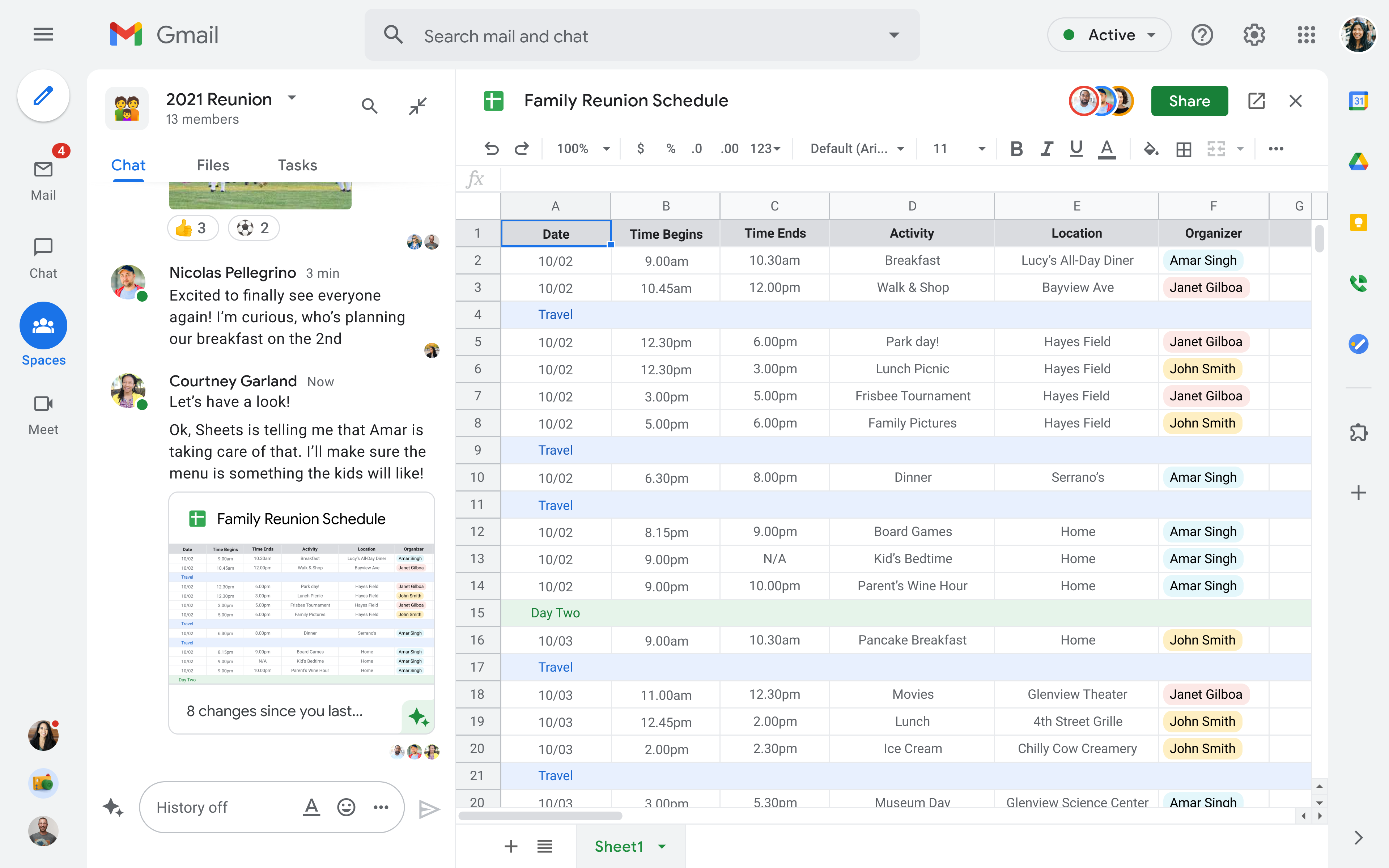 Google Workspace is now available for everyone
Google Workspace is now available for everyoneNews The move means all of the tech giant's three billion users can access the full Google Workspace platform
By Bobby Hellard Published
-
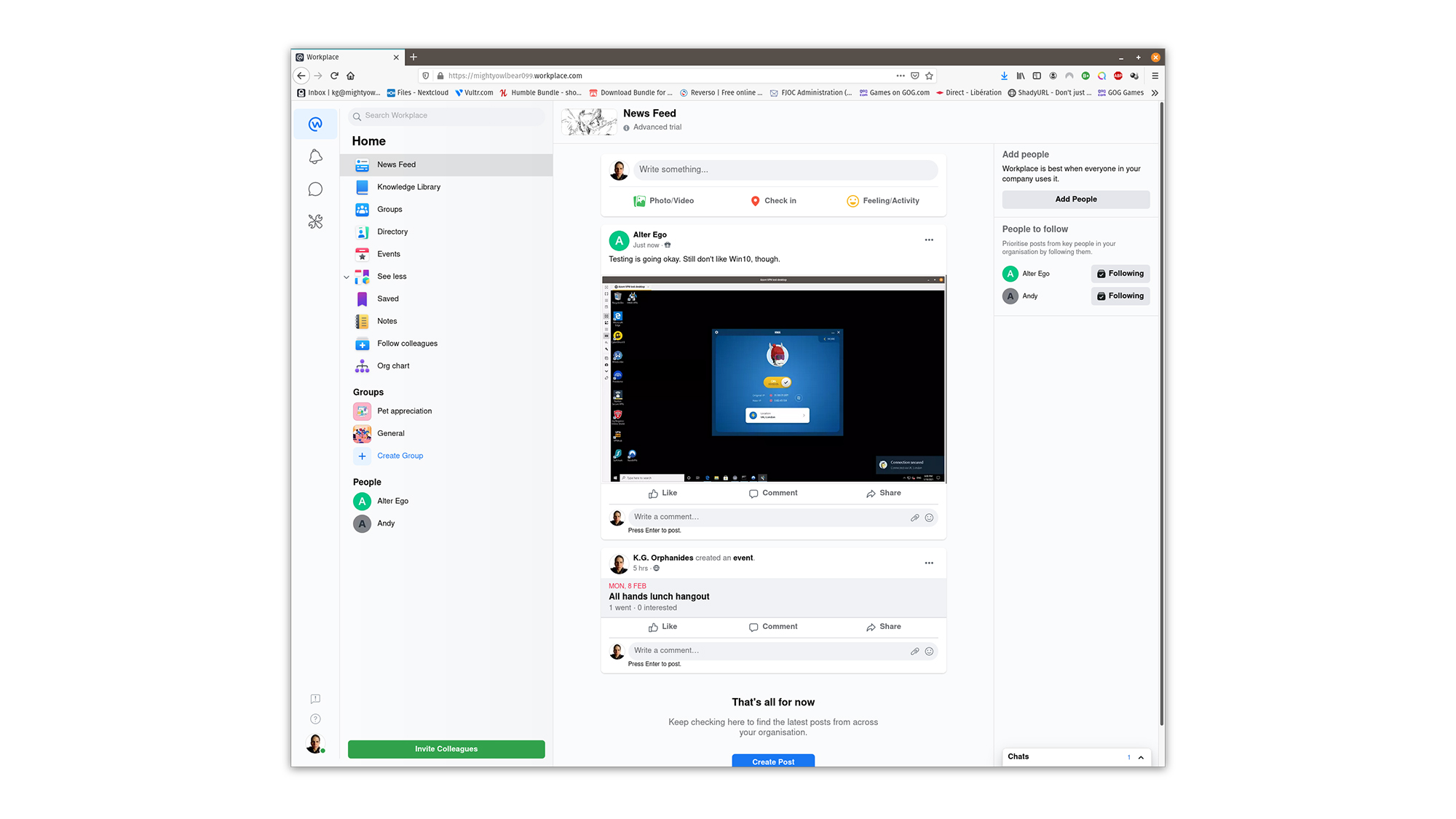 Facebook Workplace review: Are you ready for Facebook’s social office?
Facebook Workplace review: Are you ready for Facebook’s social office?Reviews The corporate version of Facebook does a lot, much of it well, but its comms and events need more polish
By K.G. Orphanides Published
-
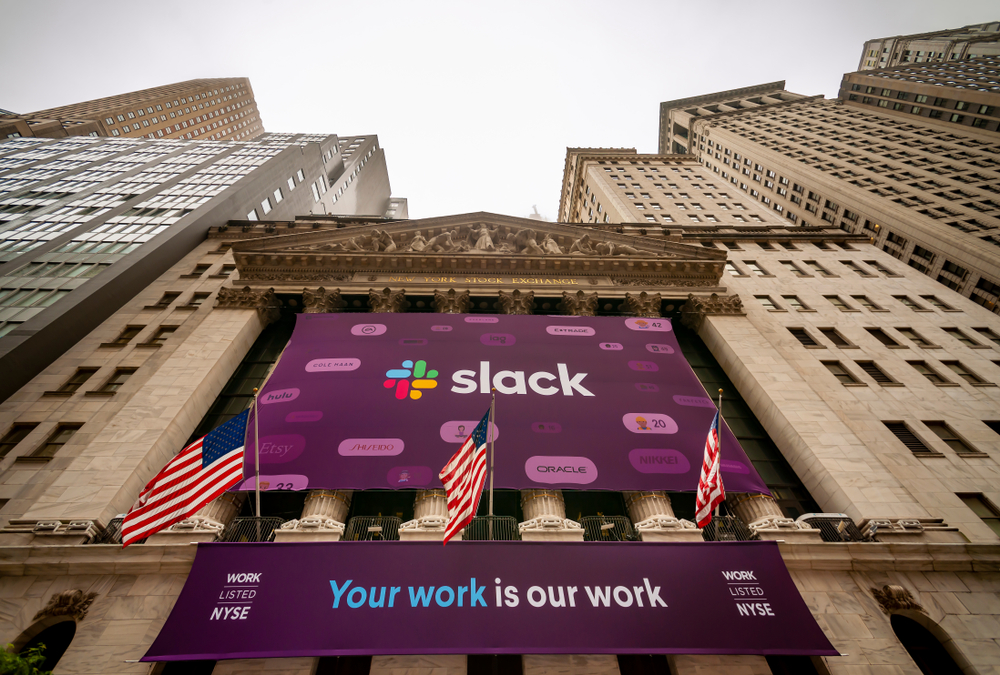 Slack stock downgraded as lockdown growth stalls
Slack stock downgraded as lockdown growth stallsNews Any benefits the communications platform saw in Q1 largely disappeared by the summer, according to Morgan Stanley
By Bobby Hellard Published
-
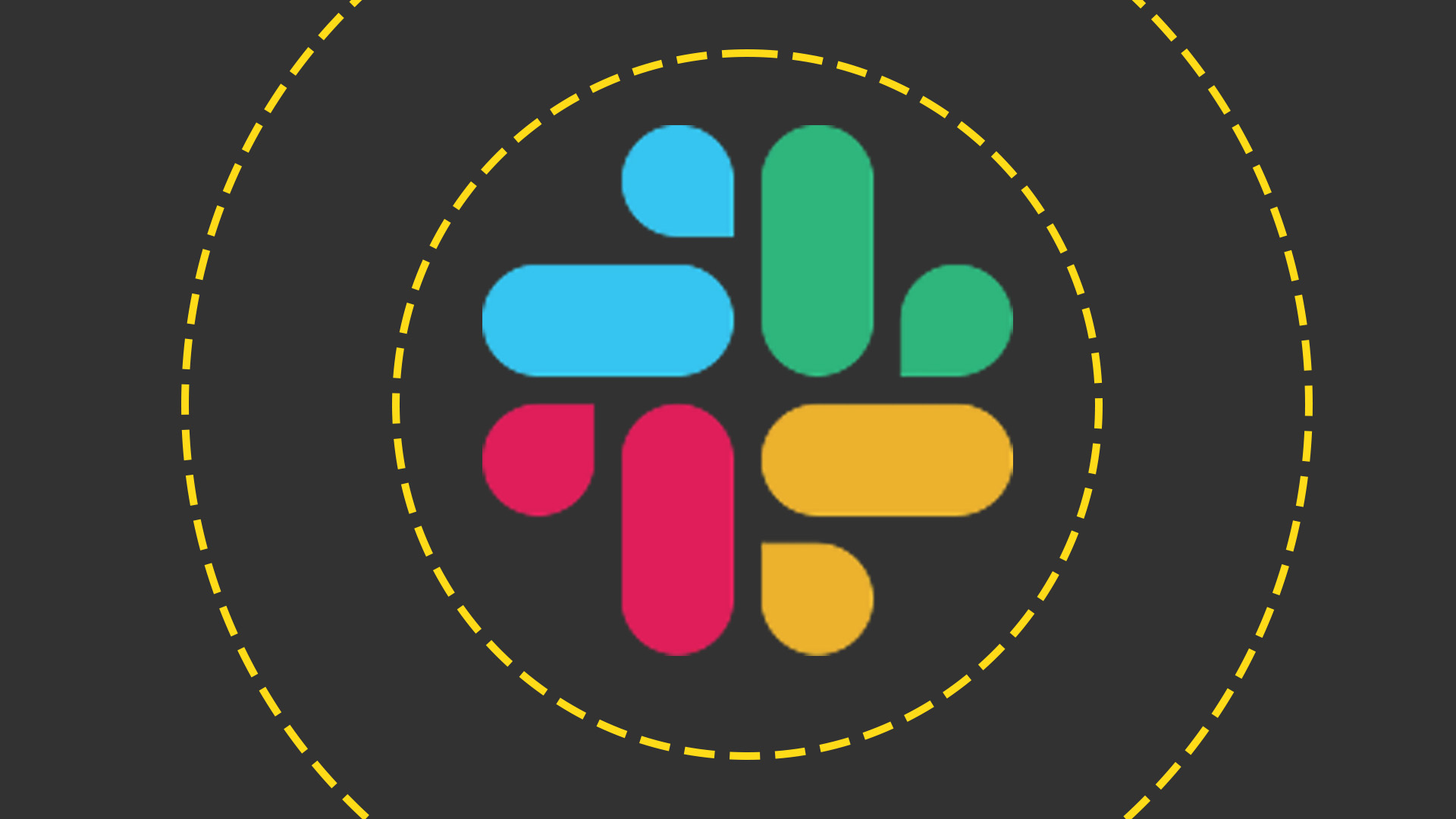 Slack review: Free your business comms
Slack review: Free your business commsReviews Slicker and more flexible than ever, Slack has the potential to replace a raft of disparate communications tools across your entire organization
By Nik Rawlinson Last updated
-
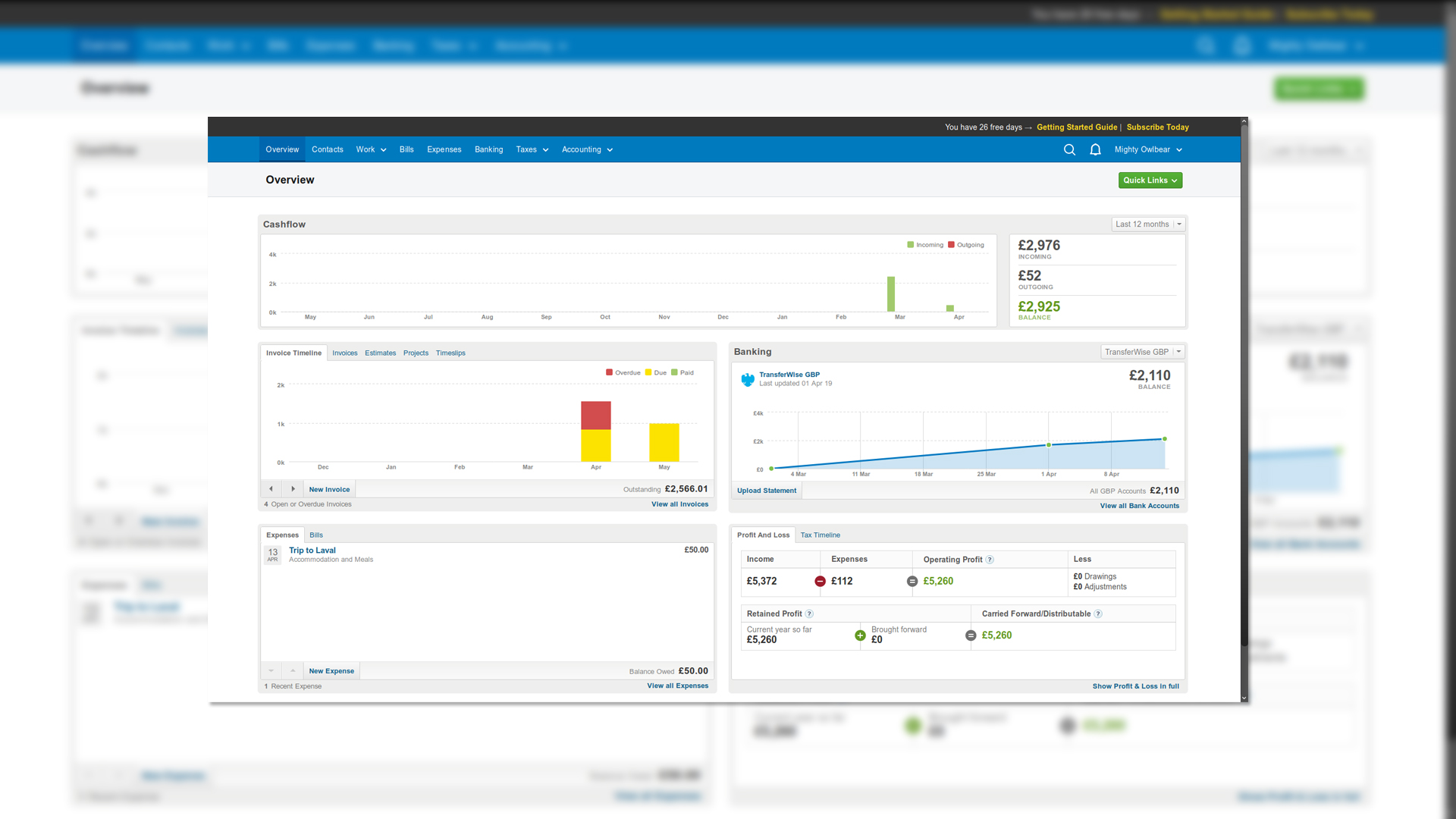
 FreeAgent review: Financial software you can count on
FreeAgent review: Financial software you can count onReviews A hugely feature-packed small business cloud accounting suite, based in the UK
By K.G. Orphanides Published
-
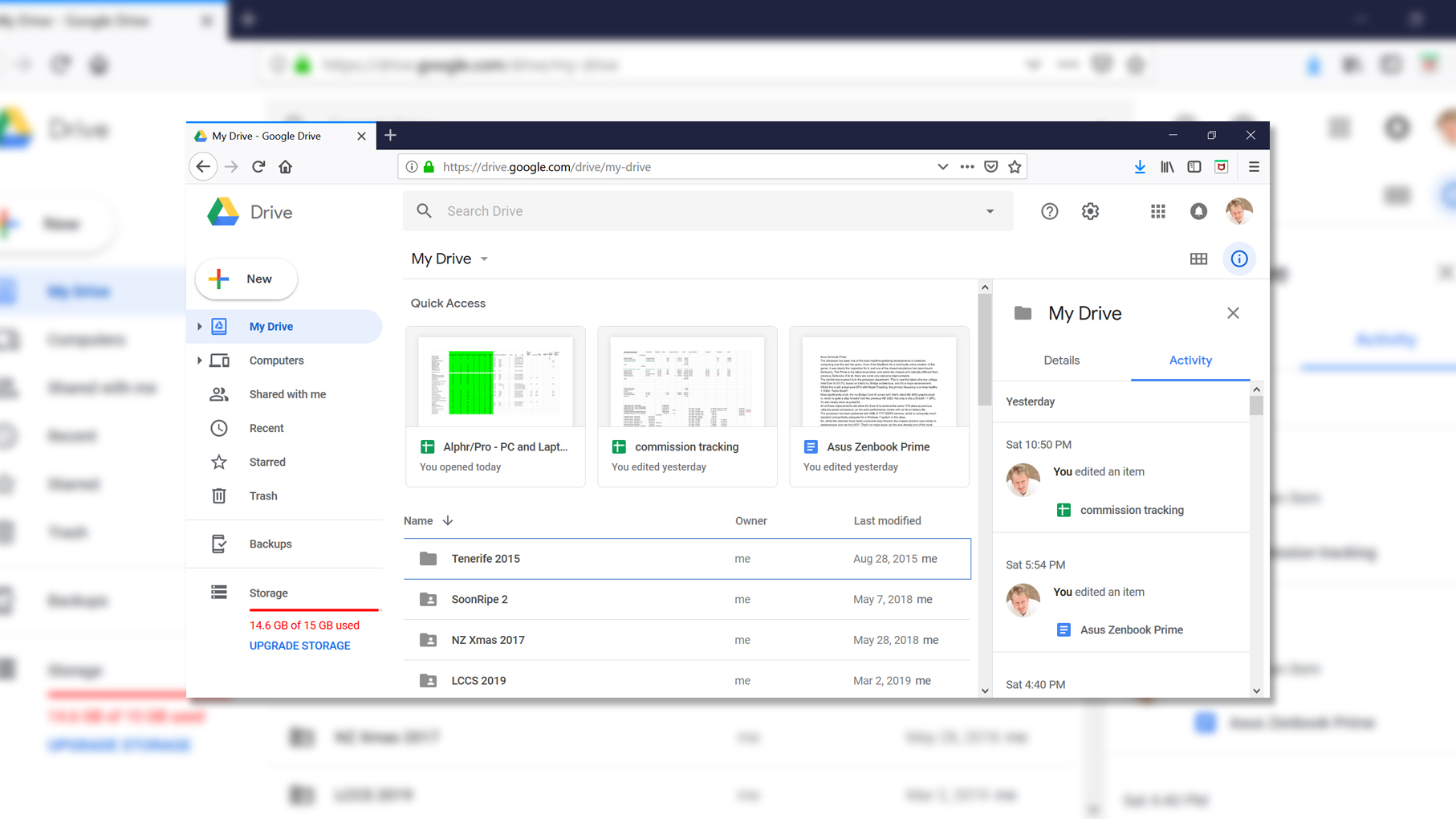
 Google G Suite review: Suite like chocolate
Google G Suite review: Suite like chocolateReviews If you can make the leap to a cloud-centric usage model, G Suite provides seamless real-time document collaboration.
By James Morris Published
-
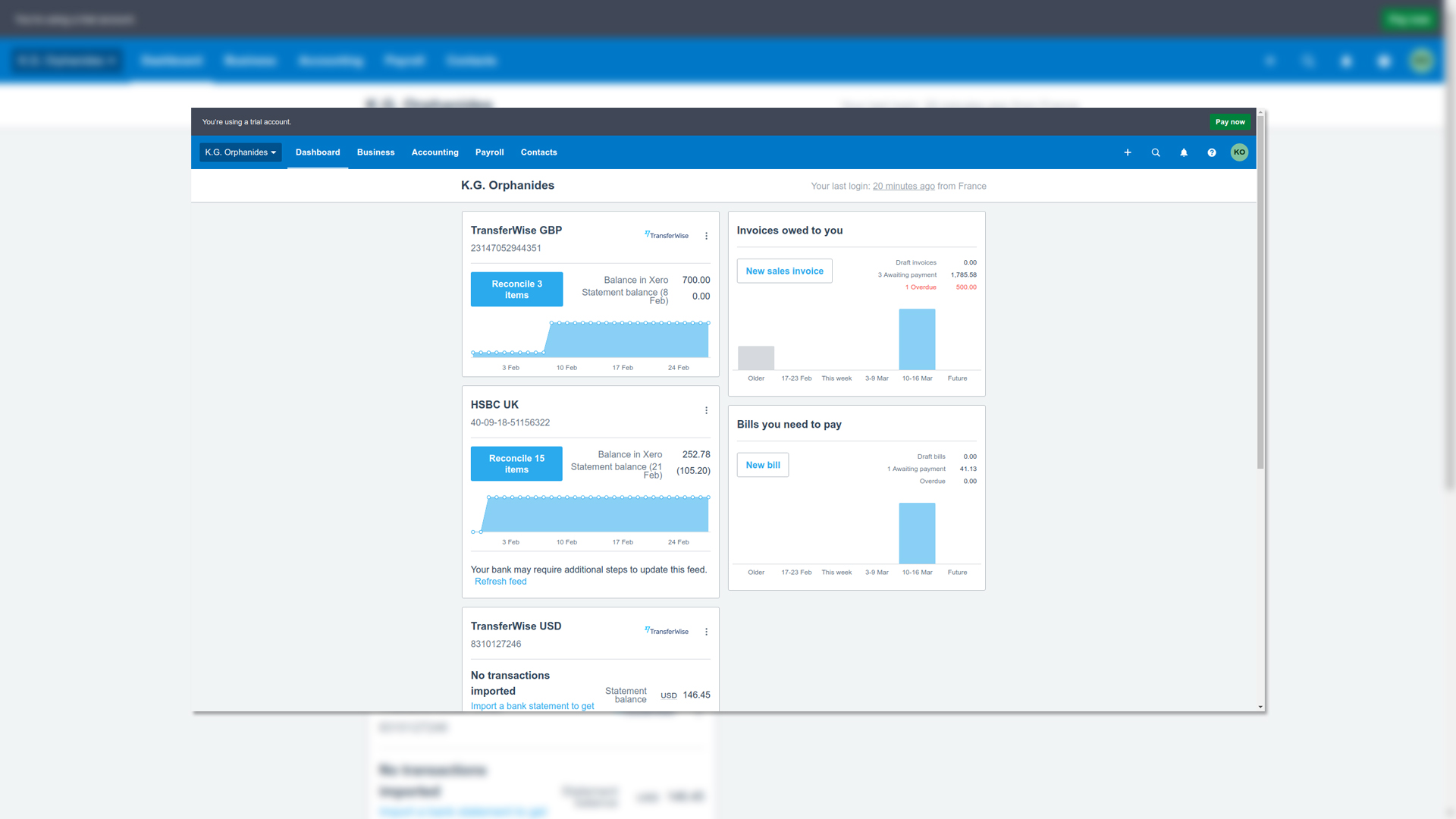 Xero review: Xero to (almost) hero
Xero review: Xero to (almost) heroReviews Comprehensive cloud accounting that's particularly well suited to sales-based businesses
By K.G. Orphanides Published
-
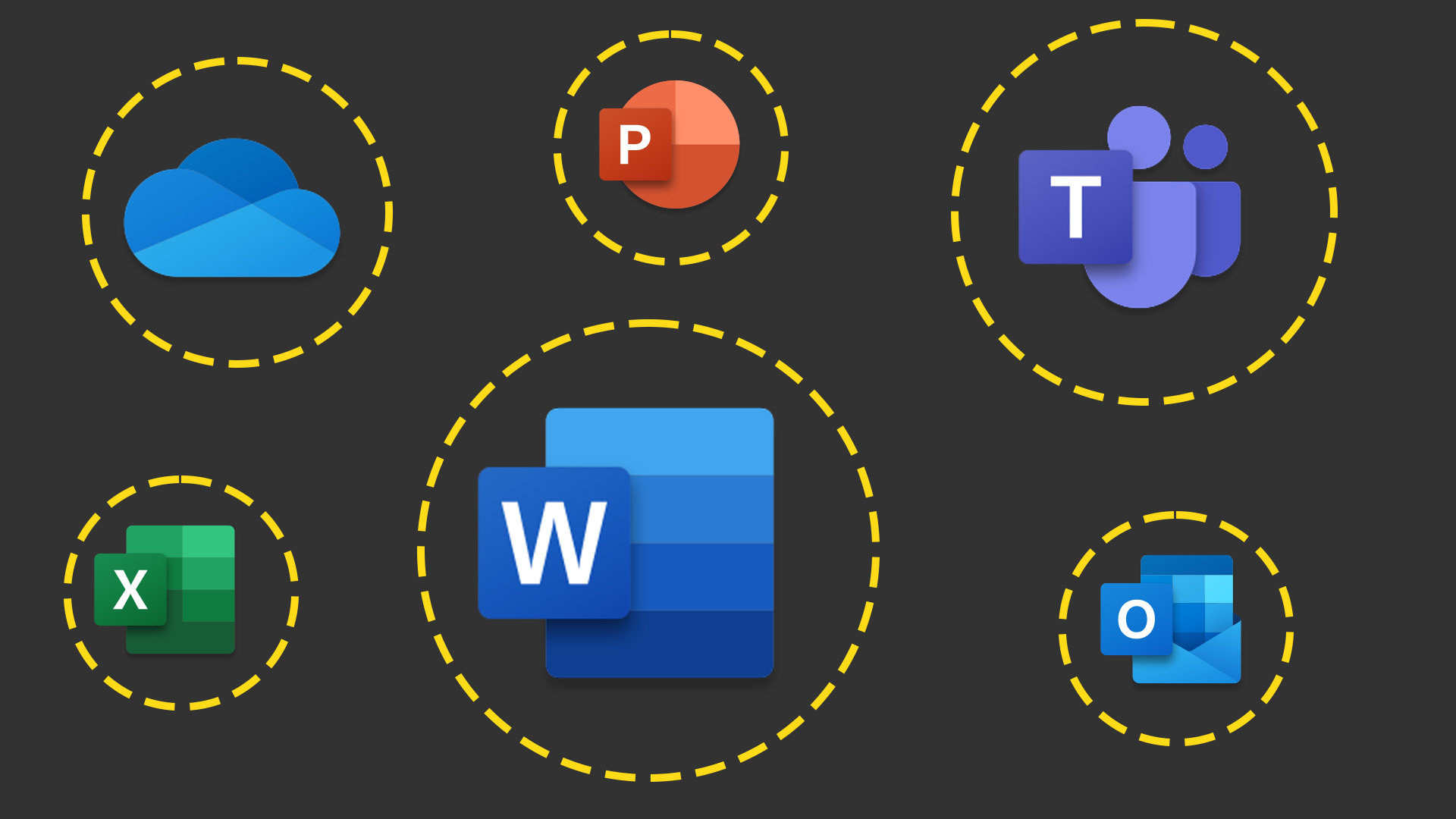 Microsoft 365 review: The most versatile productivity suite around
Microsoft 365 review: The most versatile productivity suite aroundReviews The perfect blend of online and desktop apps for all sizes of business
By Nik Rawlinson Last updated